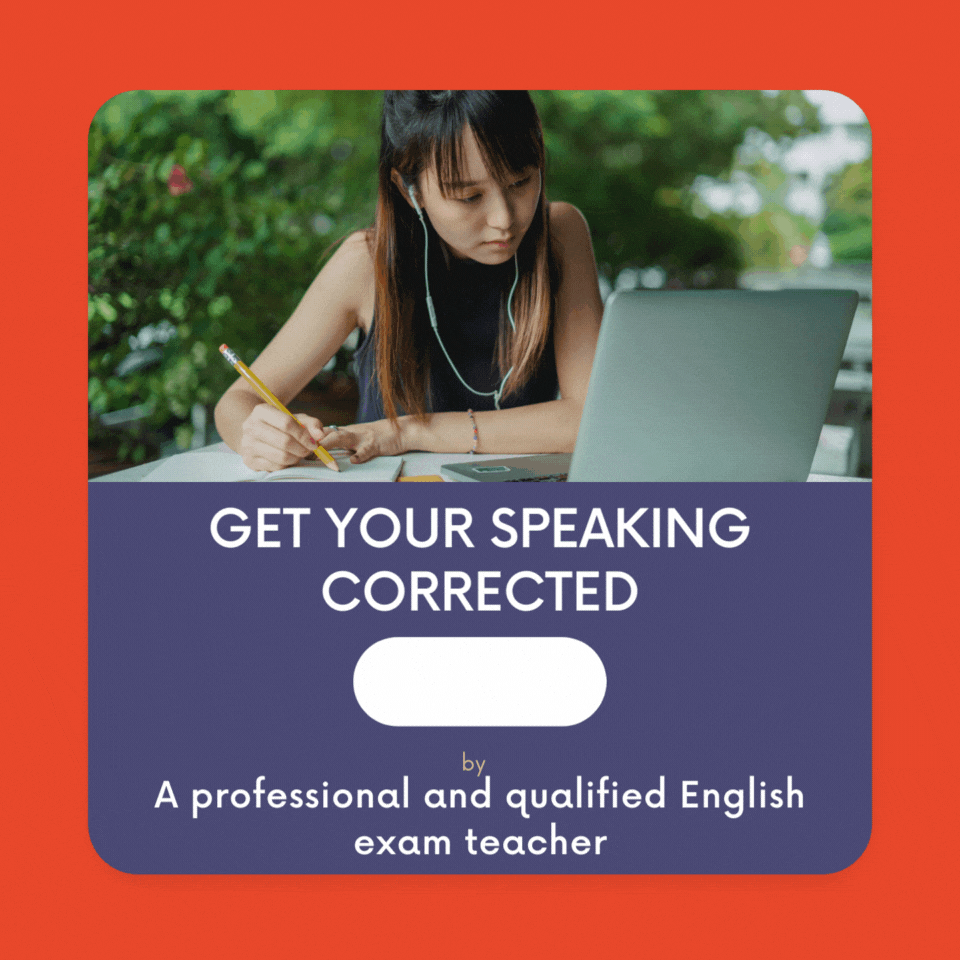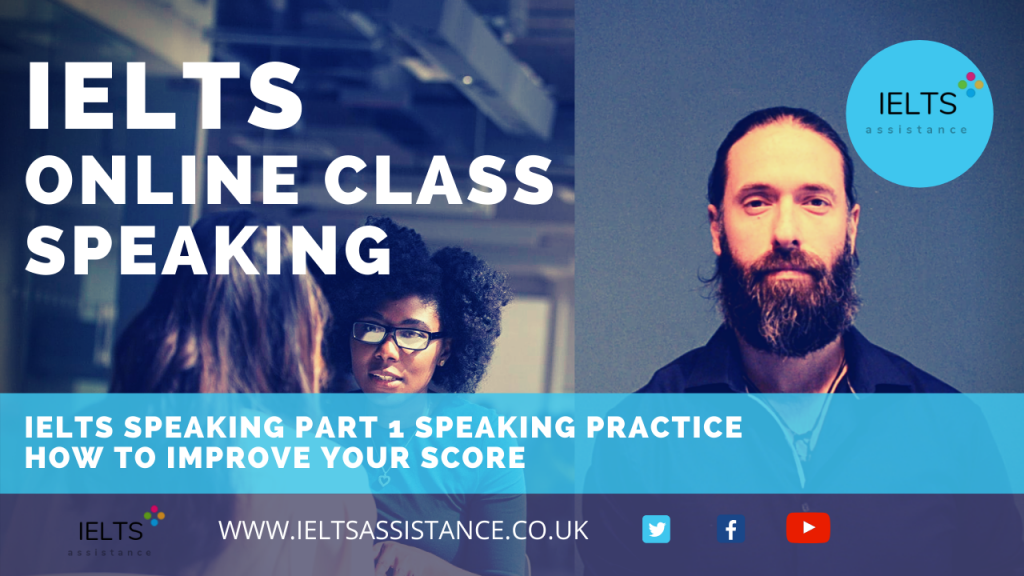IELTS Speaking test
Part 1
Overview
This is the first part of the 14 minute IELTS speaking test and takes about 4 to 5 minutes. It contains 2 parts:
- Introduction
- Familiar discussion part
This part of the exam is the warm up part. It should help you relax as they are very basic and simple questions about you, your life, your country and your culture.
Introduction
During the introduction you are welcomed by the examiner and he/she will ask you your name and your identification, to check if it’s really you doing the exam. Next the examiner will ask you a few questions about yourself.
For example
- Where you live
- What your job is?
- What you study? (if you are a student)
The next part will be the familiar discussion part.
Familiar discussion
This parts starts when the examiner says “let’s talk about…” and then mentions the topic of the conversation “free time”. There will normally be 2 different topics of conversation and each topic will have 3 to 4 questions.
The amount of questions depends on the time, as this part of the exam is limited to 5 minutes. If you give long answers the examiner will have less time to ask you more questions. If your answers are short you will get a few more question. However, you will have to fill the full 5 minutes with speaking. Afterwards the examiner will switch to the second part of the speaking test.
Do not worry about speaking too much or too little. The most important thing is answering the question as natural as possible. Sometimes this means it will be short answer, sometimes longer. It should only take a few sentences to answer the question.
For example
Where do you live?
I live in London, England with my family.
You could possibly add maybe a little more to it, but it still needs to sound natural. Not:
I live in London, the capital of England, which is part of the United Kingdom. This is an island separated from European mainland. It is a big city and there are lots of traffic jams and many people from different ethnicity. This means you have a wide variety of food…
Just pretend you are at a bar and a stranger asks you some questions. If he asked you where you lived, you wouldn’t start talking about food, would you?
Additionally, There is no need to use academic language, you are just answering some simple questions about your life and your culture/country. Academic language is only needed in the academic writing part of the exam.
The best thing to prepare for this part of the exam is having a look at the different topics and questions for IELTS speaking part 1 and trying to answer these questions yourself. Being prepared will make sure you know what is going to happen and you have already practiced some of these questions. This means you will feel more relaxed answering them and will help you calm down and forget about the stress.
Remember it’s about sounding natural, so do NOT learn any answers by heart. The examiner will notice when you are just reciting something you have memorised, which will bring your score down.
Get your writing and speaking corrected
Join the ever growing group of students who we helped on the road to success and get the professional help you have been looking for.



4 Responses
This site was… how do you say it? Relevant!! Finally I’ve found
something that helped me. Thank you!
Hello,
I’m really happy that I could help you. That’s why I still do it, to help students/people all over the world. So, thanks for letting me know, it keeps me motivated.
Good luck with your exam and if you need any other help, just ask.
Kristof
IELTSassistance teacher
I am in fact happy to read this web site posts which consists of tons of helpful
data, thanks for providing these kinds of information.
Hello,
Thanks. I’m really that I could help you.